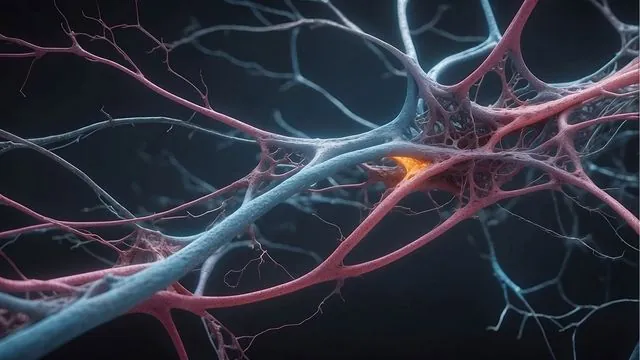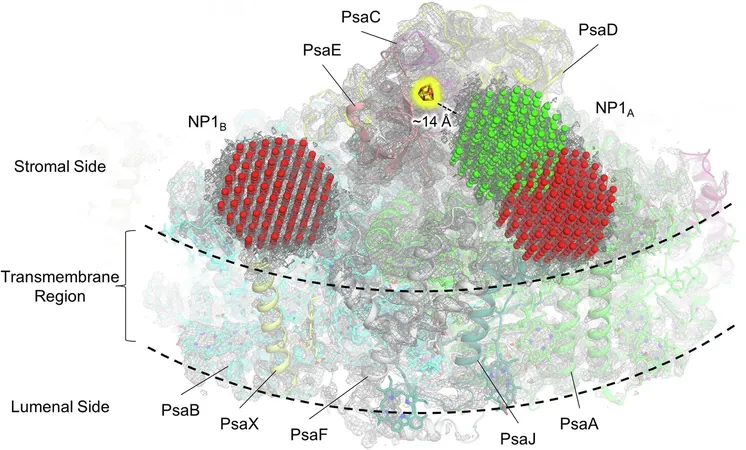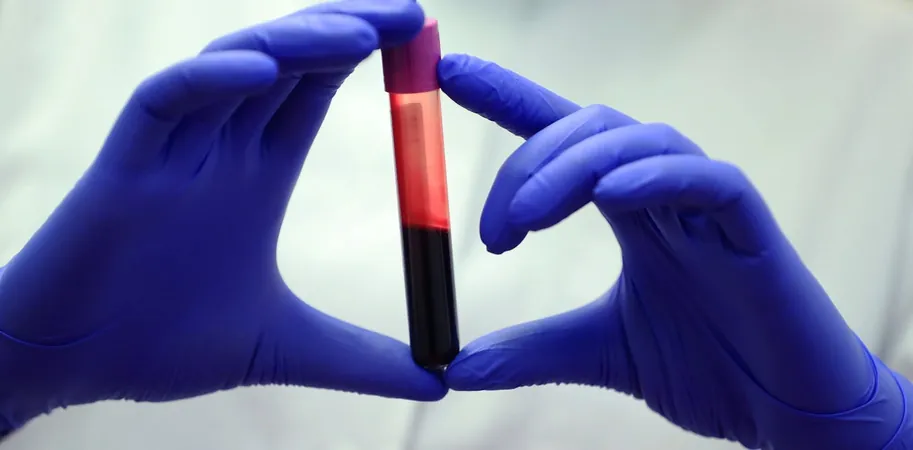
Groundbreaking Antibody Research Promises to Slow Down Aging Process!
2024-12-17
Author: Jia
Groundbreaking Antibody Research Promises to Slow Down Aging Process!
In a remarkable twist of scientific discovery, researchers are harnessing antibodies—those powerful proteins our immune systems produce to fend off infections—to potentially slow down the aging process itself. Traditionally, antibodies have been our body’s frontline soldiers, expertly targeting bacteria and viruses while avoiding damage to our own cells. This unique ability has made antibodies invaluable in clinical applications, leading to treatments for a wide range of conditions, including cancer and infectious diseases.
The first therapeutic antibody, muromonab-CD3, was introduced in 1986, specifically designed to prevent organ rejection in transplant patients. Today, hundreds of antibodies are in clinical use, with applications that extend even to everyday products like pregnancy and rapid COVID-19 tests. But the latest frontier is even more ambitious: combating the biological effects of aging.
As we age, our bodies become more susceptible to a slew of health issues—from cancer and dementia to frailty and gray hair. This mounting burden has pushed scientists to explore whether targeting specific age-related processes with antibodies could enhance our health span, enabling us to live longer, healthier lives.
Recent studies have shown remarkable potential. In 2021, researchers employed antibodies to direct a potent drug to "senescent" cells—aging cells that contribute to deteriorating health, achieving better health outcomes in older mice. In 2023, similar research utilized antibody-drug conjugates to rejuvenate the skin of aged mice, highlighting the versatility of these immune molecules.
The urgency to explore aging-related applications intensified when a July 2024 study found that antibodies targeting IL-11 reduced inflammation in mice and extended their lifespan by an impressive 25%. This finding places it among the most effective anti-aging interventions known, such as rapamycin, known for its effects on longevity. Thankfully, anti-IL-11 antibodies are already in human trials, with early indications suggesting they are safe for use.
The potential to repurpose these biological defenders symbolizes a profound shift in how we approach aging. Greg Winter, Nobel Laureate in Chemistry for his pivotal work on antibodies, expressed a desire for simpler treatments for age-related ailments—an aspiration that may soon be realized. By 2025, it’s possible that aging could become more manageable, shifting from a dreaded certainty to a manageable aspect of life.
With the promise of these new therapies, the quest to slow the aging process is no longer the stuff of science fiction. As research continues and clinical trials advance, we may be on the verge of discovering not just ways to enhance the quality of our later years, but also radically extend them. Keep an eye on the horizon, as these scientific advancements could redefine our approach to aging—and who knows? Perhaps the key to a longer life is just an antibody injection away!





 Brasil (PT)
Brasil (PT)
 Canada (EN)
Canada (EN)
 Chile (ES)
Chile (ES)
 España (ES)
España (ES)
 France (FR)
France (FR)
 Hong Kong (EN)
Hong Kong (EN)
 Italia (IT)
Italia (IT)
 日本 (JA)
日本 (JA)
 Magyarország (HU)
Magyarország (HU)
 Norge (NO)
Norge (NO)
 Polska (PL)
Polska (PL)
 Schweiz (DE)
Schweiz (DE)
 Singapore (EN)
Singapore (EN)
 Sverige (SV)
Sverige (SV)
 Suomi (FI)
Suomi (FI)
 Türkiye (TR)
Türkiye (TR)